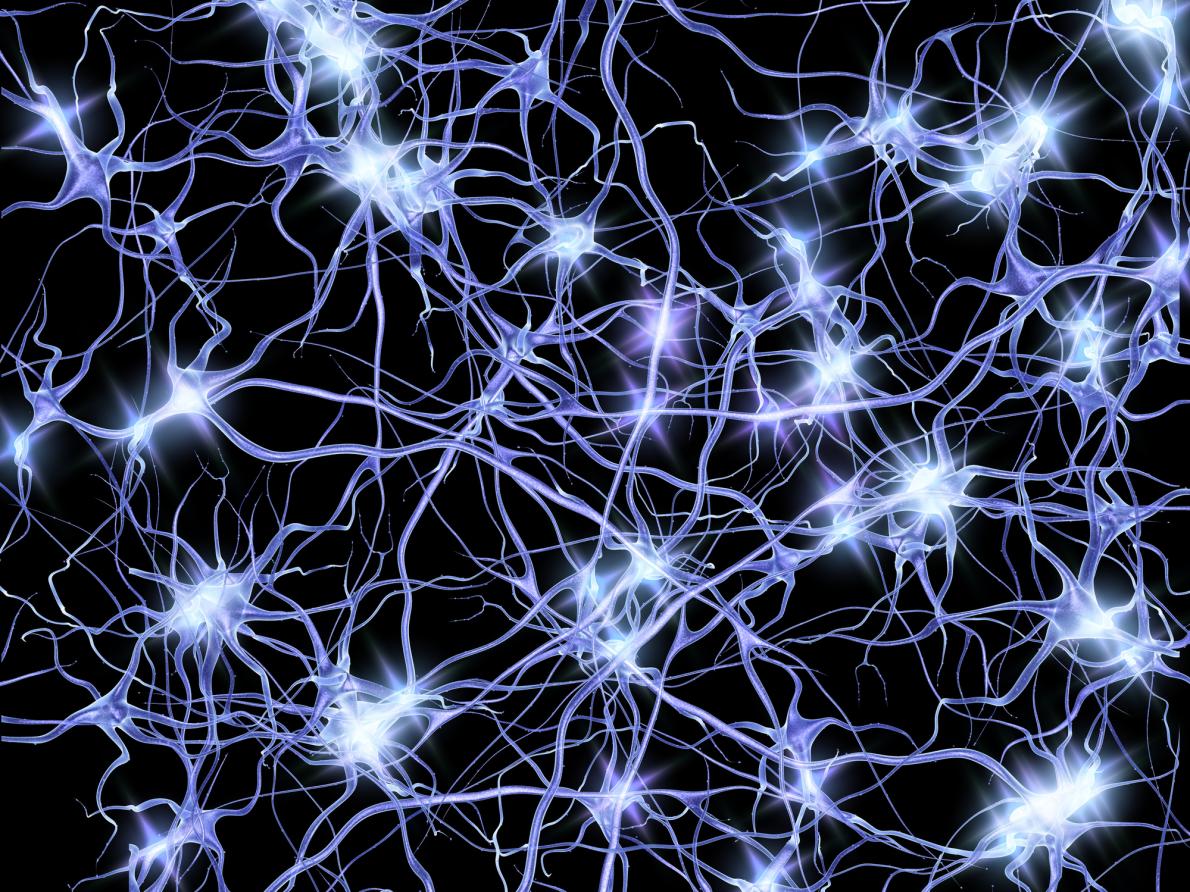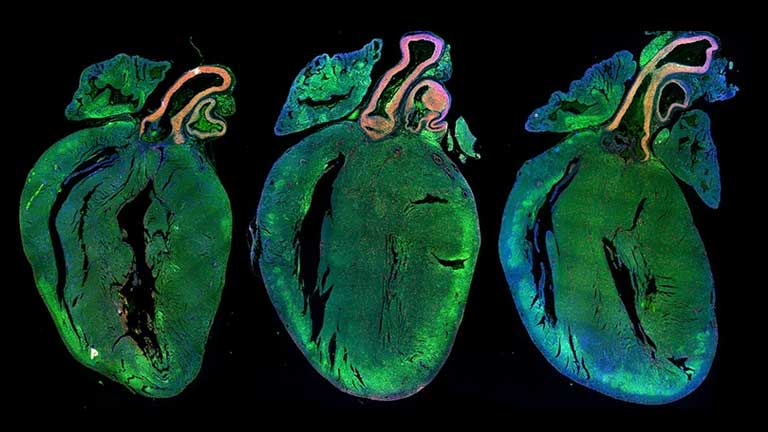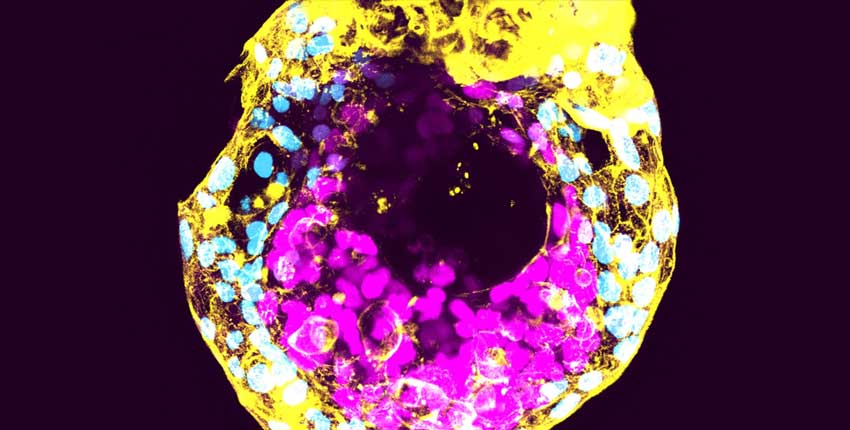A drug typically used to treat enlarged prostates and high blood pressure has shown promise as a potential new therapy for motor neuron disease, according to a new study.
Motor neuron disease (MND) is a group of rare diseases that destroy nerve cells known as motor neurons, causing patients to slowly lose function of their muscles.
In studies using zebrafish, mice and stem cell models, experts have demonstrated that the drug terazosin protects against the death of motor neurons by increasing their energy production.
Researchers say the drug could help to slow the progression of a disease that affects around 5,000 adults in the UK. The average life expectancy is three years from the onset of symptoms.
The team are starting a feasibility study into the drug’s effect in MND patients. If this proves successful, they will look to launch a full clinical trial.
Energy production
It is still unclear why motor neurons die, but experts know that a decrease in their energy production takes place at an early stage of the disease.
Motor neurons need to produce energy to carry the brain’s instructions to the muscles. If there is not enough energy, the messages cannot be transferred effectively and movement is affected.




